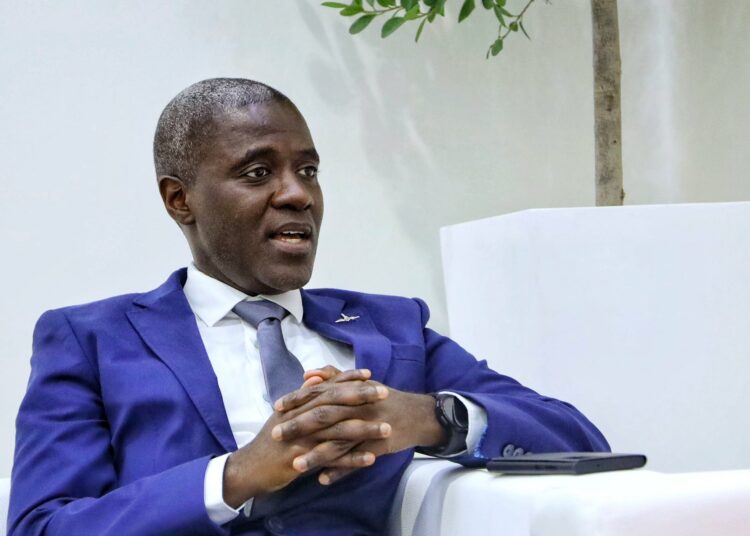The Nigerian telecom sector has experienced a notable surge in Foreign Direct Investments (FDI), drawing $304 million in the first half of 2024, according to data from the National Bureau of Statistics (NBS).
This marks a significant improvement over the total $134.75 million recorded for the entire year of 2023.
After years of consistent decline in investment, despite a significant infrastructure deficit, this year’s inflow signals a potential recovery in the sector.
The first quarter of 2024 saw an impressive capital inflow of $191.5 million, representing a staggering 769 per cent increase compared to the $22.05 million received in the same period in 2023.
In the second quarter of 2024, the sector attracted $113.4 million. While this was lower than the Q1 inflow, it still marked a 339 per cent increase over the $25.81 million recorded in Q2 2023.
Data from the Nigerian Communications Commission (NCC) paints a picture of fluctuating investment trends. In 2022, total FDI inflows to the telecom industry reached $399.9 million, a 47 per cent decline from the $753 million recorded in 2021. The 2021 increase followed the severe impact of the COVID-19 pandemic in 2020, which had sharply reduced global economic activity, causing the sector’s capital inflow to drop to $417.4 million in 2020.
However, even before the pandemic, in 2019, the sector attracted $942.8 million, indicating that the 2021 figure represented a decline from pre-COVID levels. With declining investments, operators have been forced to scale back on capital expenditures (CAPEX), despite the ongoing need for infrastructure expansion to support network growth and optimization.
The NCC report highlights that CAPEX in the telecom industry dropped 30 per cent in 2022, with operators spending N785 billion, compared to N1.1 trillion in 2021.
This trend underscores the importance of continued investment to meet the sector’s infrastructure demands.
However, stakeholders who spoke to LEADERSHIP have emphasised the need for the government to address the forex issue to encourage greater investment in the sector.
For example, the executive secretary of the Association of Licensed Telecommunications Companies of Nigeria (ALTON), Gbolahan Awonuga, explained to LEADERSHIP that forex instability remains a significant challenge that must be resolved to foster more investment in the telecom industry.
“Whatever progress we are witnessing now may only be temporary unless the industry’s challenges are resolved. Issues such as Right of Way charges, multiple taxation, and, most importantly, forex instability continue to hinder operators’ ability to import essential equipment,” he said.





